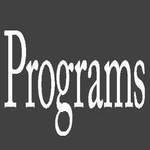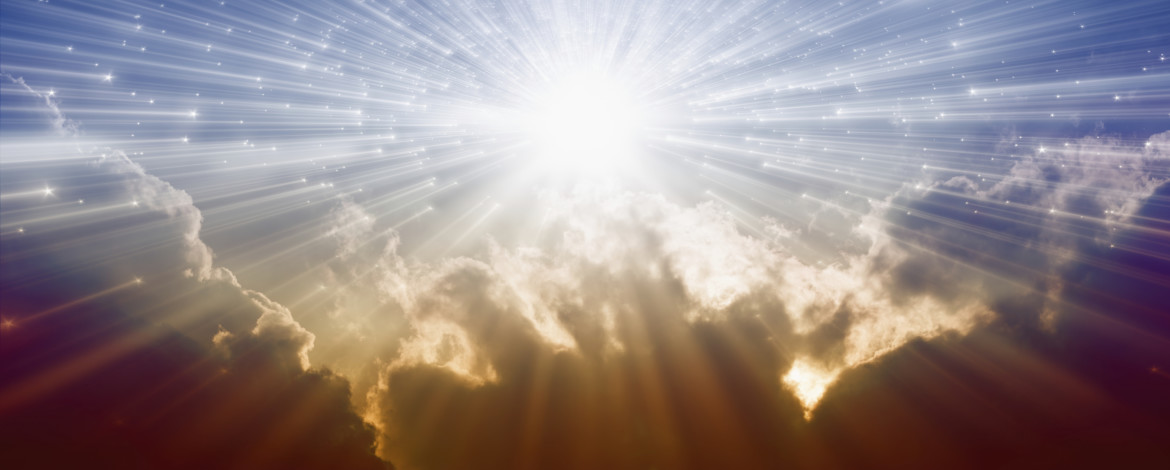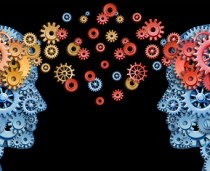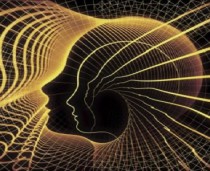This is a debate about mastery vs fundamentalism.
Religious institutions are all subject to fundamentalism.
Fundamentalism here is defined as a limiting version of a master’s teachings. Fundamentalists exist in most belief systems. Versions of teachings develop over time and altered by followers and their followers and so on.Fundamentalism excludes outside systems from the ultimate spiritual states. It seems either you believe as they believe or you’re some kind of outsider to their God’s realm. Fundamentalism uses a historical figure as the ultimate symbol of enlightenment. Fundamentalists create rules that make their specific behaviors mandatory for the exclusive spiritual states. In reality, all world religions contain certain markers. For instance, all over the world, humans have celebrated in some way at the changing of the seasons. A fundamentalist would still see their version of the celebration as superior. They would not consider that the root of such celebrations is ancient and common to all mankind. They cannot fathom what the world is; whatever teachings he gave become more of a cultural standard. The context of the teachings eventually lose their validity with the passage of time and with the new awareness built upon the shoulders of those who went before. Ideally the builders who follow incorporate their traditions only as much as the framework for their own particular awareness rather than looking for awareness in the text.
I know there are people who also engage in a sort of teacher loyalty which tends toward fundamentalism. Mathematics and other sciences tend away from fundamentalism. I wonder what would the interest level be if we taught quantum mechanics along with arithmetic in grade school? I think kids would just think it was all the same. We don’t even try to expose them to formulas like that from the start. Why not? I don’t have to work on a model A Ford to become a certified mechanic in today’s world.
Here is where I make my recommendation:
Mastery vs Fundamentalism
Mastery is alive and taught by the living.By studying with a mentor, students can pick up on what state the teacher is in during their creative stages using mirror neurons. Mirror neurons facilitate person-to-person learning by delegating much of the learning to the subconscious. We humans also use other ways of linking and learning thought patterns such as micro muscle patterns and other subtleties which can be observed and which facilitate similar states in the observer. This is why this technique is superior and it is used in every possible pathway of life. Awareness is a living learning. It’s life itself. It cannot be learned in a book. It must be learned in person.
Mastery means each generation creates its own masters. Fundamentalism on the other hand is based on an historic master whose accomplishments are beyond any common man’s possibility. This enshrinement discourages many from excellence.
The teachers have all said that we can control our destiny. We need not allow abuses to take place. Ultimately the citizens of a country can affect change in that country if they are willing to pay the price.
Traditions are valuable; however, they can become rigid laws and lose their spontaneous nature altogether to become rigid. It is seldom a good thing. Flexibility within a framework is preferable.
Typically using some humans as a symbol of the parental role of “God,” clearly they are followers. Followers need a leader, even a dead one. This is problematic when God is defined by personality and a strict set of rules. These groups differentiate themselves from all others by some extremity of belief. This leaves both sides free to engage in “other” attitudes and build the ideas of separation.
By this I mean it is evidence of our tribal nature, a primitive outlook that protected many groups of primitive man. It’s much more about that kind of behavior than it is about a particular teaching. Many take comfort in being one of the few true believers. It is a common affliction. It’s a situation where religion does not serve to awaken. Instead it feeds our egos. Many will ascribe to its tenets, not for personal development or enlightenment, but rather for the halo effect, the appearance of goodness personal gain at the expense of the whole.
There is the old top-down approach of central power where the followers are encouraged to follow behavior rules. The teacher was teaching awareness and encouraging those he or she taught to become aware for themselves. If a fundamentalist leader believes a certain thing, then it’s accepted that those who follow believe this certain thing. This is useful mostly in perfecting a practice that a master in a certain area is passing on. This is not useful when it’s used to control populations or keep the true knowledge from the masses. Under the influence of such a leader, tribalism and racism can take hold.
That sort of thing isolates us from one another. Because our human network is interrupted like a computer virus. It degrades the efficiency of the network. Violence is more or less a natural result. This is the seed of violence, this “other” state.
So many religions have been so inwardly focused that they create a fear of others, specifically other groups with differing lifestyles and belief systems. Typically it’s every other group and every person not sworn to the same exceptionalism as the Church, Mosque, or Temple.
It’s this exceptionalism that begins the toxicity. By being superior, we are not available.
To be available to experience is the enlightened path.
And religions don’t teach people to be available to experience because the leaders of the church don’t understand the nature of their own minds, and it might lead people to leave the church. There must be a villain of sorts, and it must be determined by defining people as “other.”
What I recommend is having a teacher. A living person who knows who and what they are. Therefore I recommend following the masters in whatever you want to learn.














